Europe has been, is walked. This is capital. The cartography of Europe arises from the capacities, the perceived horizons of human feet. European men and women have walked their maps, from hamlet to hamlet, from village to village, from city to city. More often than not, distances are on a human scale, they can be mastered by the traveller on foot, by the pilgrim to Compostela, by thepromeneur, be he solitaire or gregarious. There are stretches of arid, forbidding terrain; there are marshes; alps tower. But none of these constitute a terminal obstacle. Europe has no Death Valley, no Amazonia, no ‘outback’ intractable to the traveller.This fact determines a seminal relationship between European humanity and its landscape. Metaphorically, but materially also, that landscape has been moulded, humanised by feet and hands. As in no other part of the globe the shores, fields, forests and hills of Europe, from La Coruña to St Petersburg, have been shaped not so much by geological as by human-historical time. At the glacier’s edge sits Manfred. Chateaubriand declaims on the rocky headlands. Our acres, be they under snow or in the yellow noon of summer, are those experienced by Bruegel or Monet or Van Gogh. The darkest woods have nymphs or fairies, literate ogres or picturesque hermits in them. The voyager seems never to be altogether out of reach of the church-bell in the next village. From time immemorial, rivers have had fords, fords also for oxen, ‘Oxfords’, and bridges to dance on as at Avignon. The beauties of Europe are wholly inseparable from the patina of humanised time.Again, the difference from North America, let alone so much of Africa and Australia, is radical. One does not go on foot from one American town to the next. The deserts of the Australian interior, of the American south-west, the ‘great woods’ of the Pacific states or of Alaska, are virtually impassable. The magnificence of the Grand Canyon, of the Florida swamps, of Ayer’s Rock in the Australian vastness, is that of tectonic, geological dynamics almost menacingly irrelevant to man. Hence the feeling, often voiced by tourists to Europe from the New World or ‘down under’, that European landscapes are manicured, that their horizons suffocate. Hence the feeling that the American, South African and Australian ‘big skies’ are unknown to Europe. To an American eye, even European clouds can seem domesticated. They are so crowded with ancient deities in Tiepolo costumes.
 |
| [The sidewalk café on 6th Street during a bicycle race.] |
*** HEY FOOL CLICK ON THE IMAGES FOR LINKS TO ARTICLES AND STUFF ***
*** ***
*** ***
*** ***
*** ***
*** ***
*** ***
*** ***
*** ***
*** ***
*** ***
*** ***
*** ***
The corner opposite Field’s still stands, now a
shack called Tiger Jack’s. He sold candy, pop, ice, coal,
and fishing licenses. He was a jack-of-all-trades. He was on the corner of Dale Street, at one time called St. Anthony Street, for over forty years. A little farther, about two or three blocks from Tiger Jack’s, was the Hollow. This is where the guys played football and showed off for the ladies. Excitement and testosterone were heavy.
[this]
*** ***
*** ***
*** ***
*** ***
*** ***
*** ***
*** ***
*** ***
*** ***
*** ***
*** ***
*** ***
*** ***
*** ***
*** ***
*** ***
*** ***
*** ***
*** ***
*** ***
*** ***
*** ***
*** ***
*** ***
*** ***
*** ***
*** ***
*** ***
*** ***
*** ***
*** ***
*** ***
*** ***
*** ***
*** ***
*** ***
*** ***
*** ***
*** ***
*** ***
*** ***

/cdn0.vox-cdn.com/uploads/chorus_asset/file/6537503/Bonneville_UT_copy.0.jpg)
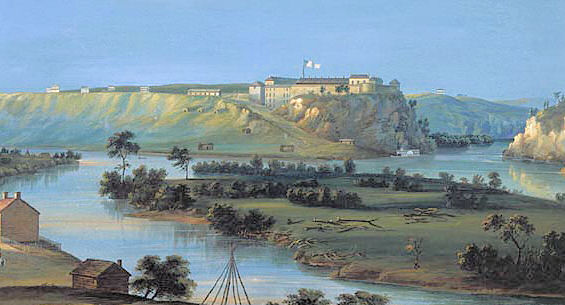





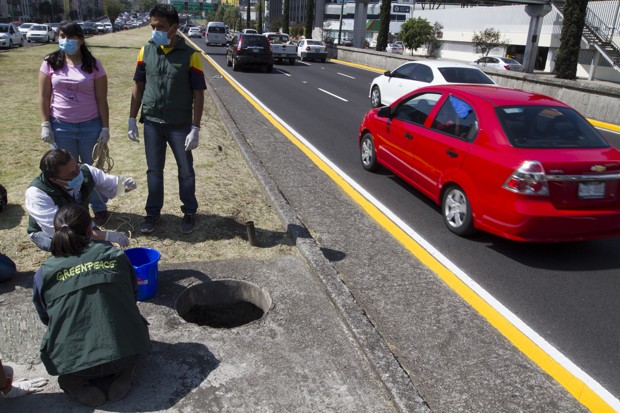
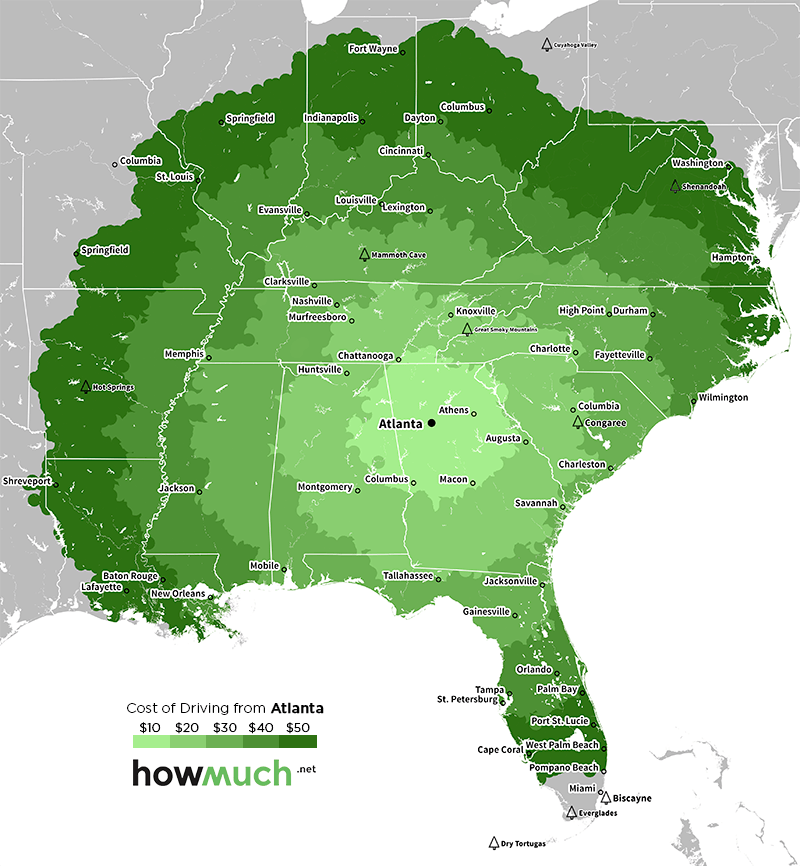
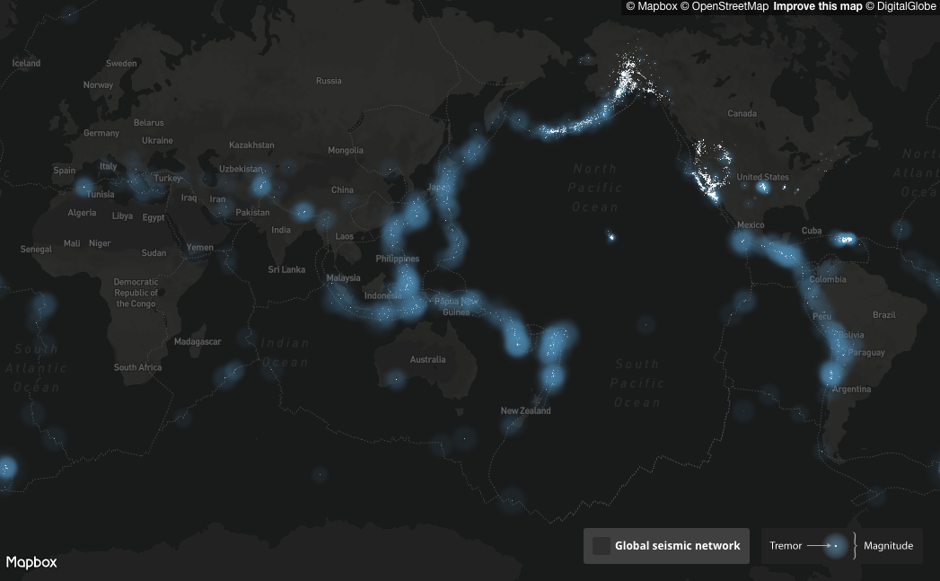


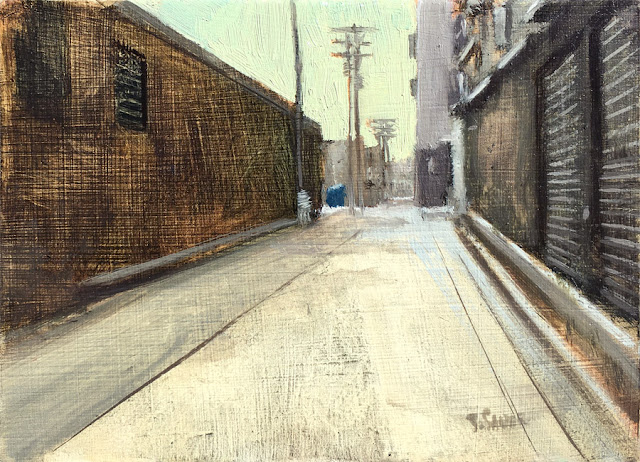

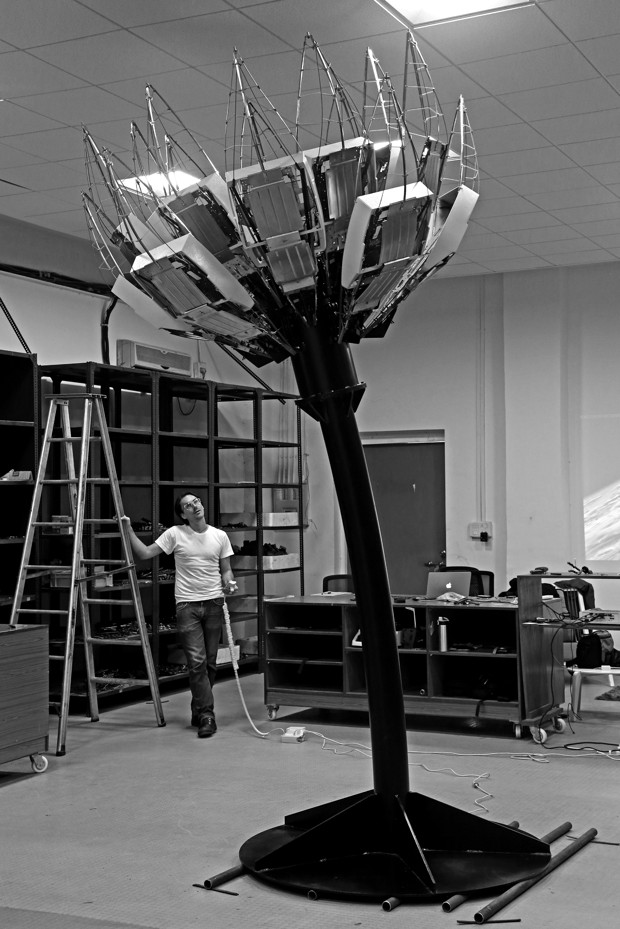
/cdn0.vox-cdn.com/uploads/chorus_asset/file/6358915/dc631248384e00d1c4facc26bb6de2d4.jpg)

/cdn0.vox-cdn.com/uploads/chorus_asset/file/6695231/nix-gerber-the-city-apocalyptic-architecture-abandoned-spaces-9.jpg)
/cdn0.vox-cdn.com/uploads/chorus_asset/file/6327355/anton-repponen-misplaced-monuments-new-york-city-designboom-08.jpg)
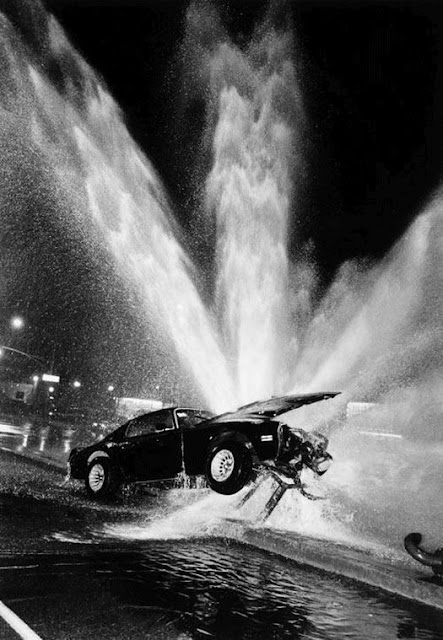
No comments:
Post a Comment